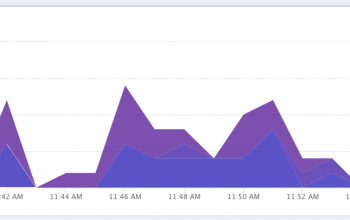How are website with Ruby on Rails built?
RobbDogg asked: I’ve gone throu the Sitepoint book “Build Your Own Ruby on Rails Web Applications” by Patrick Lenz, and have a good understanding of how web applications are built, but I don’t understand how an entire website is built using RoR. Is every page gernerated by one or more Ruby scripts or are their static HTML or RHTML pages that use a small amount of Ruby code to pull content from a database? I’m working on a site that uses PHP, but would like to convert it to RoR. Most of the pages use PHP to generate some content from infomation fetched from a database, and are fairly static except for the small part of the page that gets it content form the database. Would you use Ruby the same way you use PHP? Where would I put my website page files in the Ruby directory structure? under rails_root/public ?


